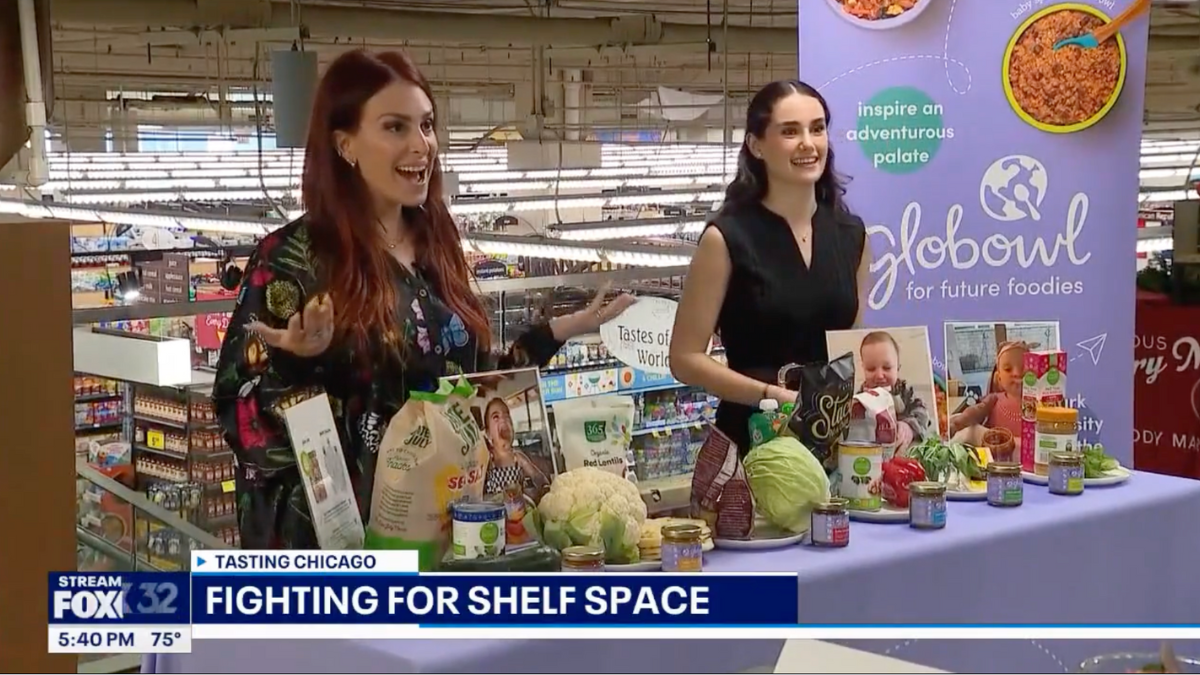“An ounce of prevention is worth a pound of cure.” — Benjamin Franklin
Introducing your baby to a world of flavors is an exciting milestone, but for parents concerned about food allergies, it can also be a source of anxiety. The good news is that recent guidelines from the USDA and the American Academy of Pediatrics (AAP) suggest that early introduction of common allergens can play a crucial role in reducing the risk of developing food allergies. As you prepare for the start of school and the associated challenges, including managing food allergies, it’s reassuring to know that early allergen introduction can help pave the way for a healthier future.
Why Early Allergen Introduction Matters
Food allergies can be a significant concern for parents, especially when it comes to managing them in young children. Research has shown that introducing common allergens to babies at an early age—typically around 4 to 6 months—can help reduce the likelihood of developing allergies later in life. This approach, supported by both the USDA and the AAP, is based on the principle that early exposure helps the immune system build tolerance.
Key Points About Early Allergen Introduction
- Reduced Risk of Allergies: Introducing allergens such as peanuts, eggs, and dairy early in life can help train the immune system to recognize these foods as safe, potentially reducing the risk of developing severe allergies.
- Guideline Recommendations: The USDA and AAP recommend incorporating these foods into your baby’s diet as part of a balanced approach to weaning. This method is believed to be more effective than delayed introduction.
- Start Gradually: Begin with small amounts of allergenic foods and monitor for any adverse reactions. This gradual approach helps to ensure that your baby’s body can handle new foods.
How Globowl Baby & Toddler Meals Support Early Allergen Introduction
As you navigate the world of early allergen introduction, Globowl Baby & Toddler Meals provides a practical and nutritious solution that aligns with these guidelines. Here’s how Globowl can help you manage allergens and prepare your child for a healthier future:
- Convenient Allergen-Friendly Options: Globowl offers a range of baby and toddler meals that include common allergens like peanuts, eggs, soy, and sesame, making it easier to introduce these foods safely. Each meal is carefully crafted to include allergenic ingredients in a way that aligns with early introduction recommendations.
- Nutritional Assurance: Globowl meals are designed to provide balanced nutrition while incorporating allergenic ingredients. This ensures that your baby gets the essential nutrients needed for growth while also being exposed to a variety of flavors.
- Peace of Mind: With Globowl, you can be confident that you’re following best practices for allergen introduction. The convenience of pre-prepared meals means you can easily incorporate these foods into your baby’s diet without the stress of preparing them yourself.
- Stress-Free Start to School: As your child gets ready to start school, you can feel reassured knowing that you’ve taken proactive steps to mitigate the risk of allergies. Early introduction of allergens can reduce the likelihood of severe allergic reactions, providing peace of mind as your child enters new environments and interacts with other kids.
By incorporating Globowl Baby & Toddler Meals into your feeding routine and following early allergen introduction guidelines, you can take meaningful steps toward reducing allergy risks and easing the transition to school. This proactive approach helps set the stage for a healthier, more comfortable school experience for your child.
Peanuts and other food allergens are often, but not always, banned in school settings. The old adage “an ounce of prevention is worth a pound of cure” emphasizes the importance of taking proactive measures to prevent problems or issues rather than dealing with their consequences after they occur. In essence, it suggests that investing a small amount of effort or resources into preventing a problem can save you from much larger efforts or costs required to address the problem later.
As always, consult your physician before your infant starts solids and discuss any concerns you may have about food allergies.





